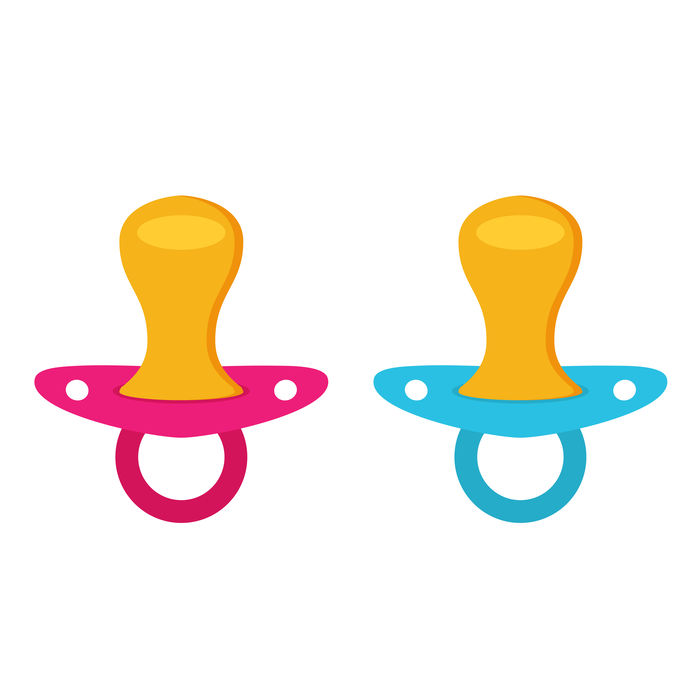
I was a late adopter of the singular “they,” once thinking its usage was down to laziness or ignorance. I’ve recently changed my tune. The singular “they” helps streamline sentences, is considerate of those who don’t identify with a gender, and can help avoid the gender-charged language that can be our default.
This last strength of the singular “they” became apparent to me when I was out and about with my daughter. During my parental leave I often got from A to B on foot or transit, leaving my daughter and me open to public commentary. I quickly realized how strongly people’s understanding of her sex was tied to her wardrobe. People assumed she was a girl if dressed in pink, a boy if dressed in blue (or green, or most non-pink colours, for that matter). One woman suggested I had purposely set out to confuse when I chose my daughter’s clothes that morning, saying, “It’s hard to tell if she’s wearing pink AND blue.” Another, after finding out my daughter was a girl, said “A girl! She looks so strong, I thought she was a boy.” I grew frustrated by the language associated with the perception of my daughter as male or female, and wished people would just say things like “What a happy baby!”
It’s interesting to consider how different languages work when it comes to gendered nouns. German has three genders: masculine, feminine and neuter. “The child” is neuter. Even “the girl” is neuter until she grows up. But do these linguistic constructions affect whether we see a person or thing as a certain gender? This focus on gender is not surprising. It’s the first thing we want to know when a baby is born — sex, weight, time of birth. We are stamped with a “boy” or “girl” marker on the day we’re born and carry it with us. Through adulthood, gender is still one of the first descriptors we use when talking about someone.
The singular “they” is growing more broadly accepted by the style guides. Chicago concedes that “they” and “their” are “steadily gaining ground.” It suggests we should remain wary of using it in a singular sense, especially in formal language, when the identity of a person is unknown/unimportant. That said, it also says that we should generally respect the people’s preference for the pronoun they identify with (5.256).
Not too long ago, I was looking at shoes as part of my preparation to return to work. My little one was by my side, dressed in a dinosaur t-shirt and bright bottoms. The shoe expert asked me, “How old are they?” Where I once would have been annoyed at his sentence construction, I was grateful for the way he asked and didn’t make any assumptions based on my daughter’s clothing or perceived strength. If nothing else, my conversations with strangers throughout the year made me more aware that it’s a shame to see someone as a gender before you see them as a person.
___
Previous post from Marianne Grier: Sleep Tight, Don’t Let the Bed Bugs Bite.
The Editors’ Weekly is the official blog of Editors Canada. Contact us.
Discover more from The Editors' Weekly
Subscribe to get the latest posts sent to your email.
